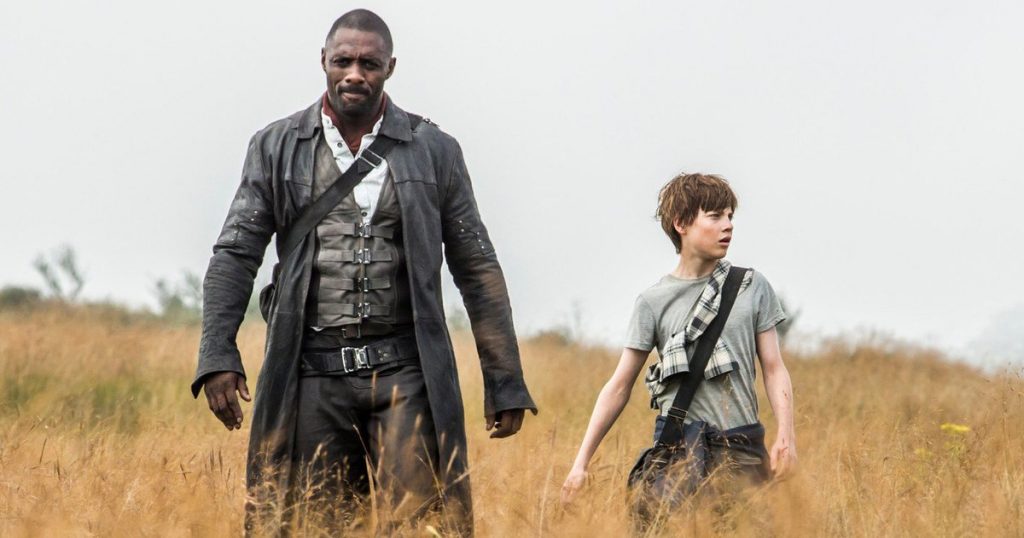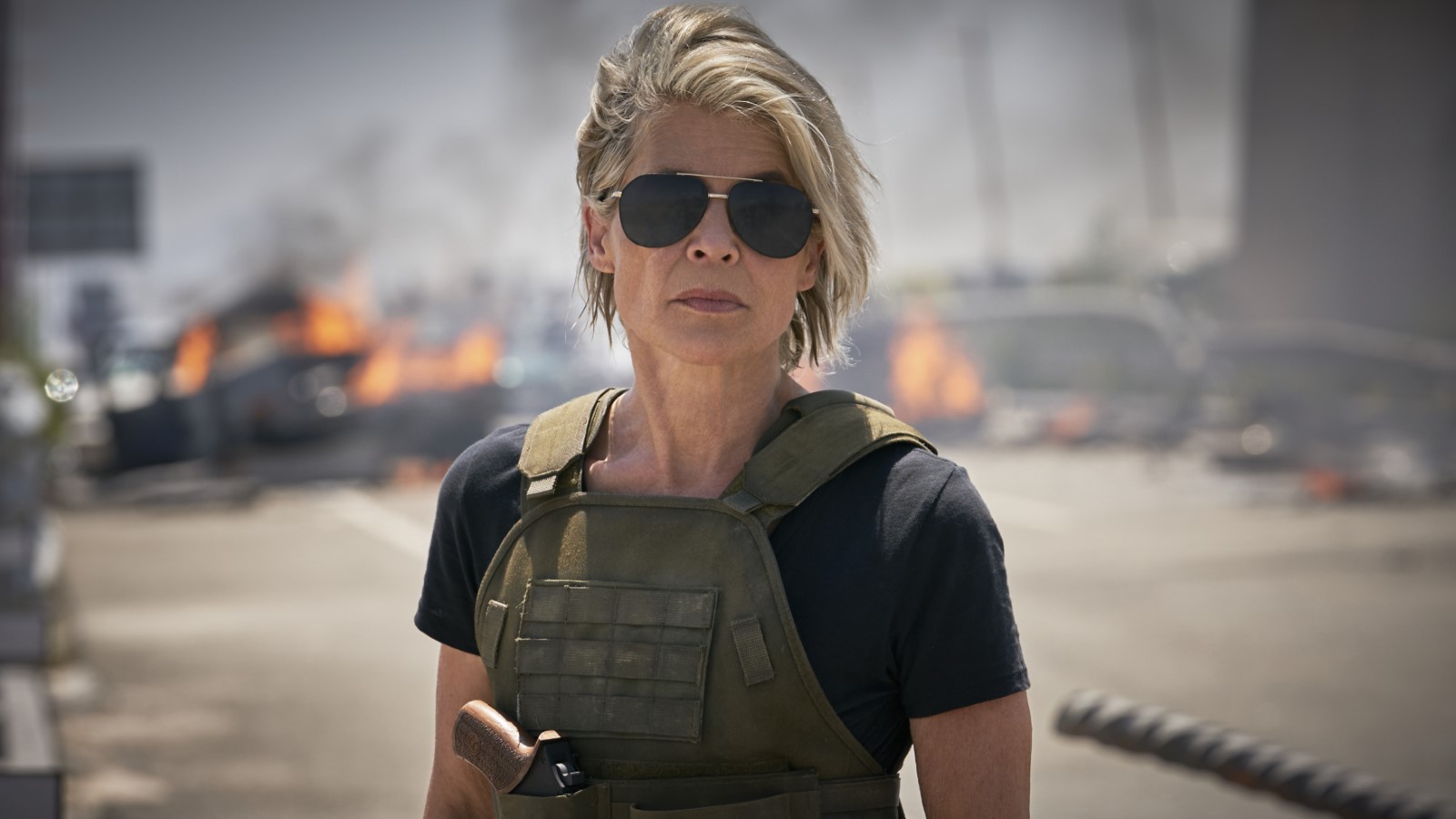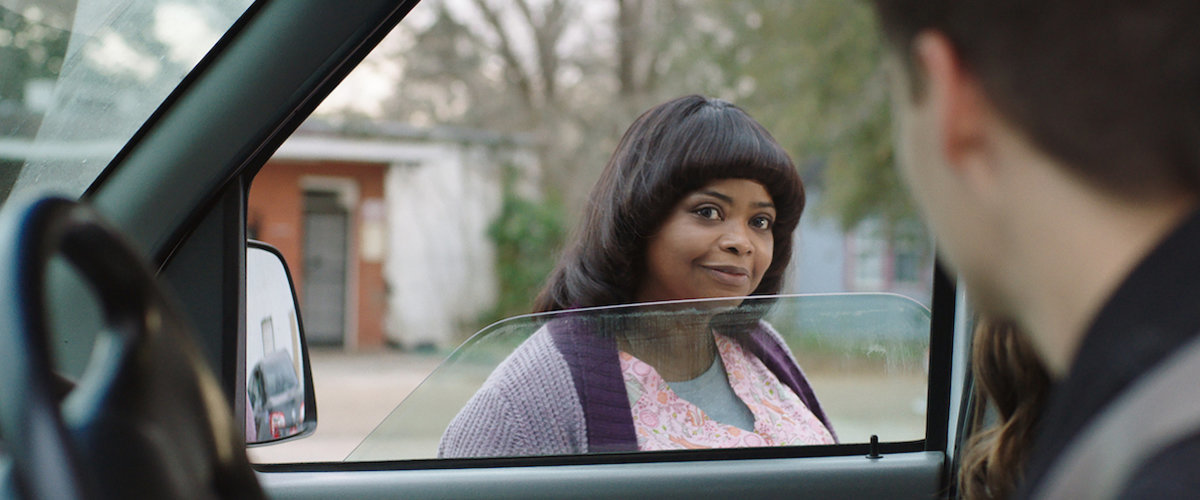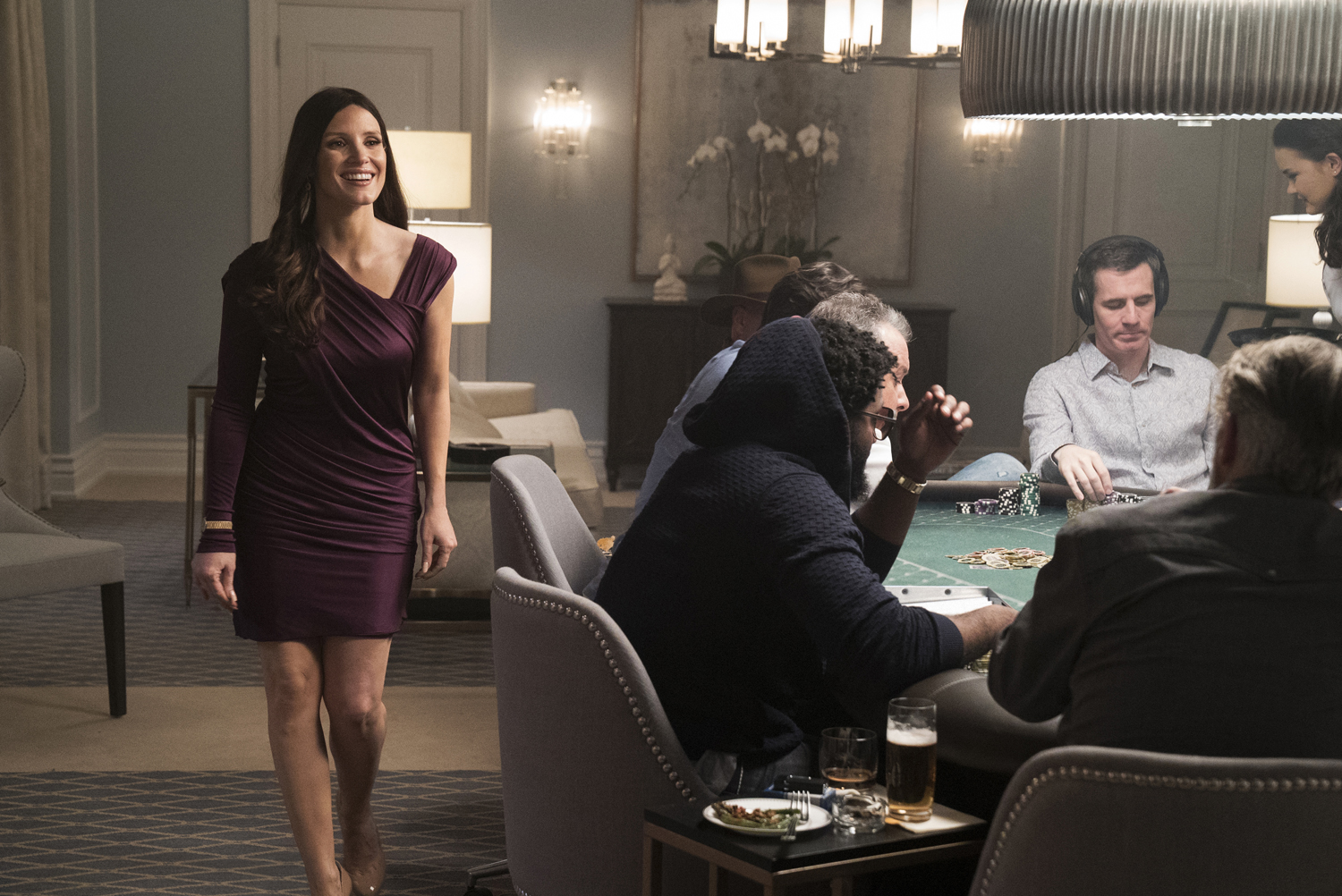
Idris Elba and Tom Taylor are the standouts of The Dark Tower, perfectly capturing the spirit of the books
Confession time: if the filmmakers behind The Dark Tower would’ve made a straight adaptation of the first book in the book series, The Gunslinger, I would’ve hated it. Though the series has a rabid fan base, it’s no secret—even among uber King fans—that The Gunslinger is a bit on the slow side. Not only that, but it’s kind of weird in the sense it’s very easy to picture fans reading it and thinking, as I did, “What is this? Is it a western? Fantasy? Sci-Fi?” It definitely doesn’t conform to any one specific genre. So when news broke that a film version of The Dark Tower was in production (for real this time!), I was both concerned and intrigued that it would be a mixture of aspects from the series instead of a page-by-page adaptation of The Gunslinger.
Having seen the film, is it—and the future of a potential Dark Tower film franchise—better for it? In some ways, yes; in others, no. Combining aspects of the books (specially book one, The Gunslinger, and book three, The Wastelands) makes sense on a thematic and storytelling level since the characters of Roland and Jake are tethered on an emotional level. The film’s partial New York setting also allows viewers a place they recognize which offsets the otherworldly qualities of the worlds and places familiar to Roland. On the other hand, it maybe introduces a bit too much of the series’ sprawling mythology that might throw casual viewers for a loop (pun completely intended).
So do the Pros outweigh the Cons? Is it a faithful adaptation? Is the future of The Dark Tower film series in danger? Let’s talk it.
For those unfamiliar with the basic premise, the film follows Roland (Idris Elba), the last of his people (gunslingers, sworn to protect the titular Tower) pursing revenge against a nefarious enemy called the Man in Black (Matthew McConaughey) for killing his family. But all of that changes when he meets Jake (Tom Taylor), a boy from our world plagued by dreams of Roland, the Man in Black, and a score of other things of which he should have no knowledge.
It is usually the case in book-to-film adaptations that viewers are pleased the characters look the same, but complain the essence isn’t there—the intrinsic sense of what makes them them. In The Dark Tower, the opposite is true: the characters may look a little different from their literary counterparts, but the essence—the coldness, single-mindedness, and skepticism of Roland; the innocence and bravery of Jake—is totally there. And so I wonder of viewers saying the opposite: would they be happy either way?
Idris Elba is fantastic as Roland, perfectly matching the source material counterpart’s cold, loner exterior, his single-minded determination, and proficiency with guns. He’s a commanding on-screen presence and brings an intensity to the role with his body language and expressions that the script sometimes doesn’t quiet achieve, not to mention great comedic one-liners as a fish out of water. He marvels at Coke, hot dogs and, in a particularly humorous scene, gives a New York City doctor a pair of ancient coins for her services.
McConaughey also gives a great performance as the Man in Black, harnessing the psychic abilities of children in attempt to bring the Tower down. He’s darkly comic, both fearsome and enticing, and plays the Man in Black with a sense of dark glee that lets you know he clearly enjoys causing chaos wherever he goes.
But as good as Elba and McConaughey are, it’s Tom Taylor as Jake who’s the real standout. Jake is saddled with much of the film’s big moments and Taylor couldn’t be more perfect. Ranging from portraying a haunted sadness that no one believes his dreams, to fear of the Man in Black’s pursuit, to an awe and boyish innocence regarding Roland’s origins, to a particularly pained moment in the film’s third act, Taylor nails the role and Jake’s emotional journey and it’s not hard to see why the decision was made for the film to feature him so prominently.
As good as Elba and Taylor are individually, it’s when they come together—the Roland-Jake relationship—that’s the highlight of the film. Jake’s innocence and candor softens Roland’s hard exterior, while Roland provides the role of a father figure Jake’s been missing. The scenes of them bonding, trusting, and learning about each other are pure magic, completely capturing the spirit of the books, and sure to make dire-hard Dark Tower fans pleased the filmmakers understand the relationship’s emotional beats. (Among their screen time together, one scene of Roland teaching Jake how to shoot while reciting the gunslinger’s credo gave me both chills and watery eyes.)
In addition to the film’s action sequences and Roland’s exciting final confrontation with the Man in Black (which I would’ve liked to be a bit longer), one of the things the film got completely right was the landscape of Mid-World—harsh, dry land; craggy mountains; a barren, alien landscape. The location scouting and landscape utilization is a definite plus. However, it makes it disappointing in a way because when the film got something so completely right as this, it’s barely featured before we’re whisked off to the next location or set piece—the Manni village, an ancient theme park, the Dixie Pig, Devar Toi. All of them work, but the short amount of time we’re afforded to spend in each makes me think they didn’t utilize all the cool settings to their advantage since everything moved so quickly. It’s kind of the equivalent of going to a carnival, seeing a cool ride, and your parent grabbing you by the hand to move you onto the next thing when you’ve only had a taste of the one preceding it.
Which leads into my main issue with the film: pacing and editing. The opening of the film should’ve been a smooth introduction into the world(s) viewers were about to see, but the editing, especially in the film’s first third, was so choppy, sloppy, and jarring, that all I could help thinking was that there had to have been a better, simpler, more streamlined way to introduce viewers to the characters, quest, and worlds of The Dark Tower. Early on, we bounce between Jake, his visions, flashbacks of Roland, and present-day Man in Black. It’s a little much early on. (Aside: as much as I love Jake, I feel like the film should’ve started with our protagonist, Roland the gunslinger.) Because of runtime and budgetary restrictions, it seems they were trying to introduce too much at once instead of letting the audience become introduced to the story’s various pieces at an organic, relaxed pace. It does allow itself to wind down after the climax, but the abrupt ending does leave a little to be desired. A kind of, “that’s it?” without feeding the viewer any morsel of information or intrigue to give them any reason to hope for a sequel.
To say The Dark Tower has a rich mythology is an understatement. Not only are we introduced to a mythical Tower that, if it falls, chaos will reign supreme, but there’s also the aspect of the beams that keep the Tower in place, Taheen, vampires, and ominous graffiti that reads ALL HAIL THE CRIMSON KING. Fans of the books will no doubt recognize the terminology and its implications, but it’s a lot for the casual moviegoer to take in when everything moves so quickly. I’m not so sure the film’s mythology would be completely grasped upon first viewing. While it offers exciting possibilities for potential future installments, it wouldn’t have hurt to have more expositional detail about the more fantastical elements of the story and why we should care.
Ultimately, the film is a case of “More please!” Would I have liked more action? More Roland interacting with the Man in Black, perhaps giving the viewer a deeper insight into their relationship and the mythology surrounding them? More time spent in the Manni village, the Dixie Pig, and all of the film’s other cool locations? Yes, definitely, because these are good things. What’s in the film works; there’s just not enough of it.
I have a feeling I wouldn’t have enjoyed The Dark Tower quite as much as I did if I wasn’t a fan of the books. It’s not a straight up, page-by-page adaptation (structurally or otherwise) and the editing and pacing is a little off, but it’s a good introduction into Roland’s world. The characters and acting all work, it’s escapist entertainment in the best way, and most importantly, the spirit of the novels is fully intact.
The road to a Dark Tower film was a long and rocky one, but now with its foot is in the door, there’s more than enough material for future installments and adventures in Mid-World if we are lucky enough to be invited along on them.
8/10









